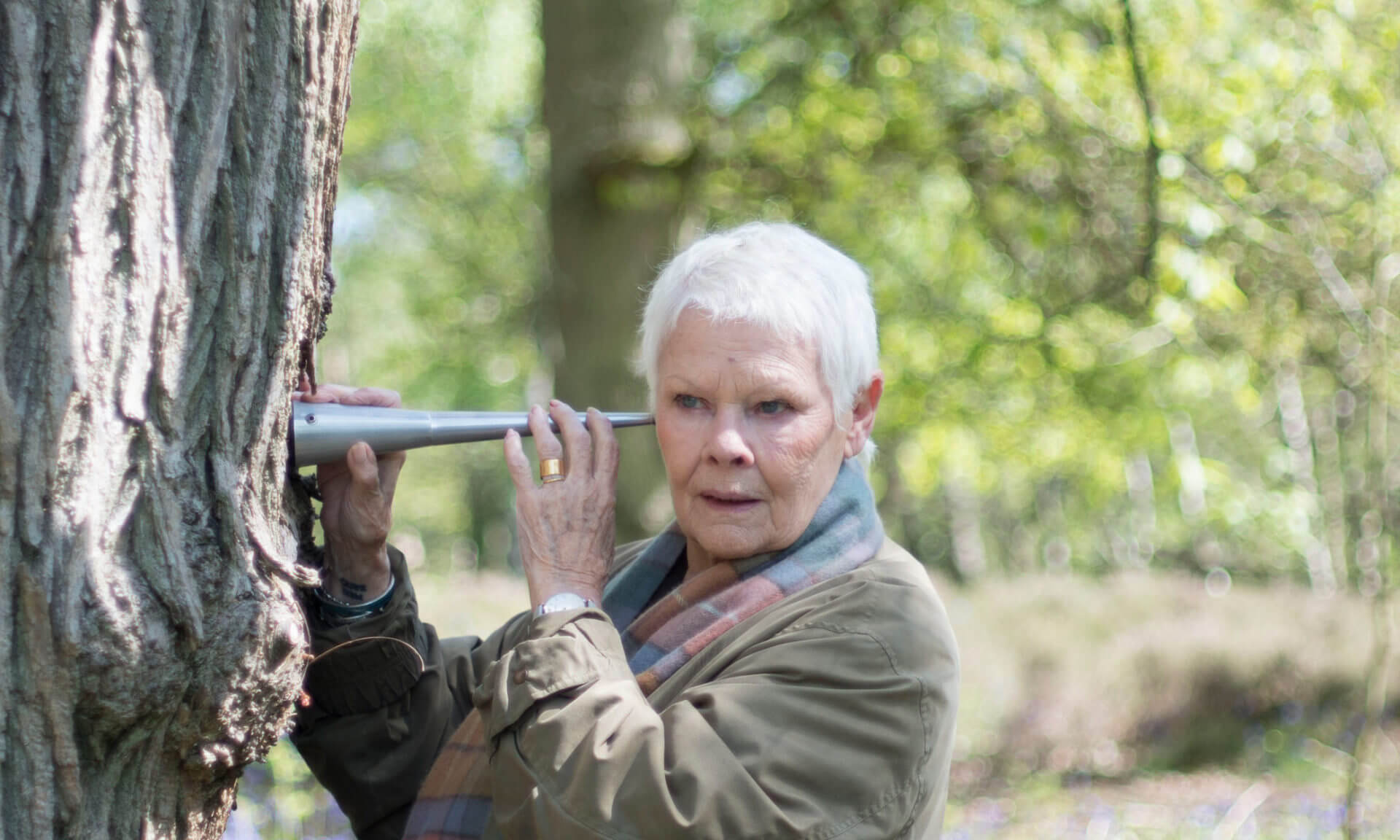Single women in London who are looking to get on the property ladder face significant challenges that prevent them from buying their first home, in a clear sign of gender disparity among first-time buyers.
According to research by NHG Homes, one in two women looking to buy a home in London (48%) say access to savings is their biggest challenge, perhaps due to the significantly lower deposits available.
According to the study, women are 10% less likely to purchase their first home on their own, with only 39% planning to acquire it alone.
Gender Disparity in First-Time Buyers
NHG Homes, part of housing association Notting Hill Genesis, partnered with Opinium to survey 500 renters in London who were looking to buy their first home. The research aimed to better understand the key factors that influence first-time buyers, including perceived barriers and motivations for home ownership.
With London being the most expensive city in the UK to buy a home in, it is unsurprising that almost half of those surveyed selected affordability as one of the largest barriers to home ownership.
While this was the case for both men and women – 47% and 49% respectively – the research showed the difference between the amount of money held for a deposit and the amount needed to buy through the open market was greater for female first-time buyers than men, highlighting the challenge of housing affordability in the capital for women.
The research found that, on average, men looking to get onto the property ladder have access to £27,545 for a home deposit while for women this number drops over 25% to £20,025. Between single men and single women in London, the deposit gap is wider still, standing at over £11,500.

The research found that just over 75% of men and women surveyed were saving money for a deposit on their first home, but one in two women looking to buy a home in London (48%) said access to savings is one of their biggest barriers to making this a reality.
In London, women who are looking to get on the property ladder are also saving for a home deposit in different ways than men. According to the survey, single women are 15% less likely than single men to set aside money from their main income as a deposit for a home.
When looking at all those surveyed, women were also 6% more likely than men to name ‘not having a steady income’ as one of the main obstacles to getting on the property ladder. Many women have taken on second jobs to fund their first-time purchase deposits, with 46% of single women stating that they have taken on extra work compared to 40% of single men.
With the goal of home ownership in London seeming unattainable to single women struggling to save the large sums of money required for a deposit, many are moving away from the dream of getting onto the capital’s property ladder. These challenges mean that a large number of women are forced to make tough choices when it comes to major life milestones.
Nearly two thirds (61%) of women surveyed said they would delay going travelling to purchase a home, compared to only 44% of men who would do the same, and a quarter (24%) said they were willing to postpone starting a family. Almost a third of single women said they would delay marriage (31%) in order to get on the property ladder – while only 13% of men would make the same sacrifice.
To help women get on the property ladder sooner and avoid compromising on their varied personal goals, the Shared Ownership scheme in London offers a more accessible route to home ownership with the amount required for a deposit being much smaller than buying on the open market – it can be as low as four figures.
Insight from NHG Homes has shown that 49 per cent of people buying through the scheme between 2021 and 2023 were women, which is around 10 per cent higher than the national average for quotes given to first-time home buyer mortgages.

Speaking to The Women’s Journal about gender disparity in first-time buyers, Director of Sales at NHG Homes, Diana Alam explains: “It’s not an easy time to be a first-time buyer, especially in London, and our research has revealed how women in the capital are being disproportionately affected by the housing crisis.
“As buyers grapple with the challenges of soaring house prices and unreliable mortgage rates, women are especially impacted by lower incomes and less access to savings for a house deposit than men. Statistics show that single female first-time buyers make up only 8% of purchases on the open market compared to 18% for single men.
“There are, however, more accessible routes for women to get on the property ladder. Between 2021-2023, half of our Shared Ownership buyers were women, many of them single.
“With Shared Ownership allowing buyers to purchase for a much lower deposit than through the traditional route, we see every day how the scheme can be a lifeline for women to put down more permanent roots, especially in a city like London.
“It was really important to us that our research provided a deeper insight into the first-time buyer experience in London to assess what we can do not just as a provider of affordable homes, but as an industry to help make home ownership in the city more accessible.
“The gender gap among first-time buyers is striking and this research has brought to light how the housing affordability crisis is disproportionately impacting women in the capital.”
The gender disparity in first-time buyers and London’s property market is a pressing issue that highlights the broader inequalities faced by women in the housing crisis. While solutions like Shared Ownership offer a more accessible route to homeownership, the reality is that women shouldn’t have to resort to such measures simply because of a systemic financial imbalance. Women should have equal opportunities to achieve their homeownership goals without compromising on their personal milestones or settling for less favourable options, so that the housing industry and policymakers can address these disparities directly. To achieve true equity in the housing market, it is necessary to remove barriers that disproportionately impact women, so they can aspire to full homeownership on their own terms.





